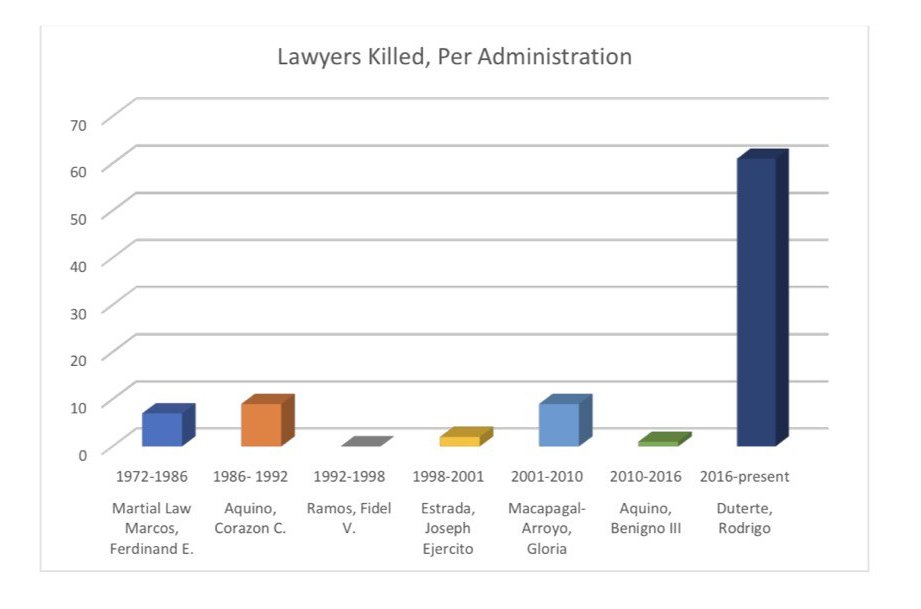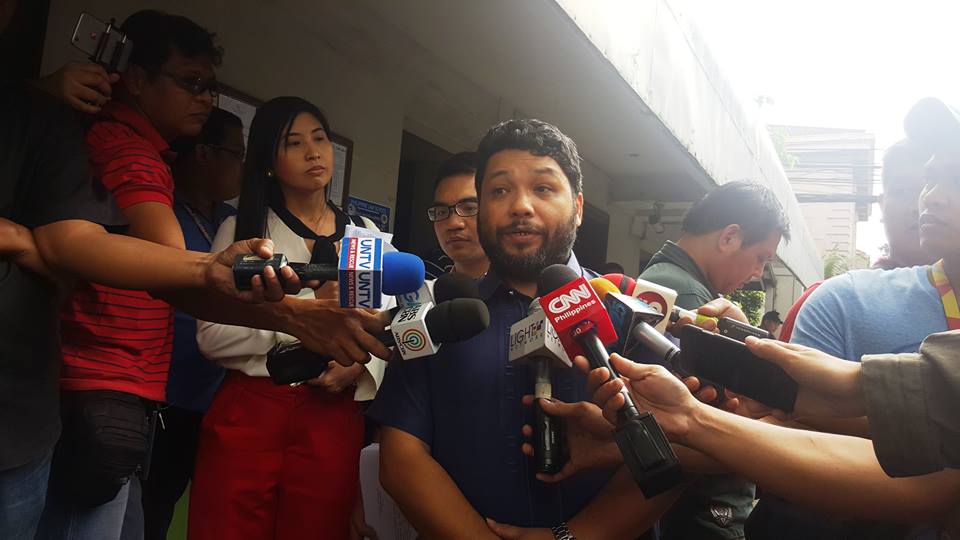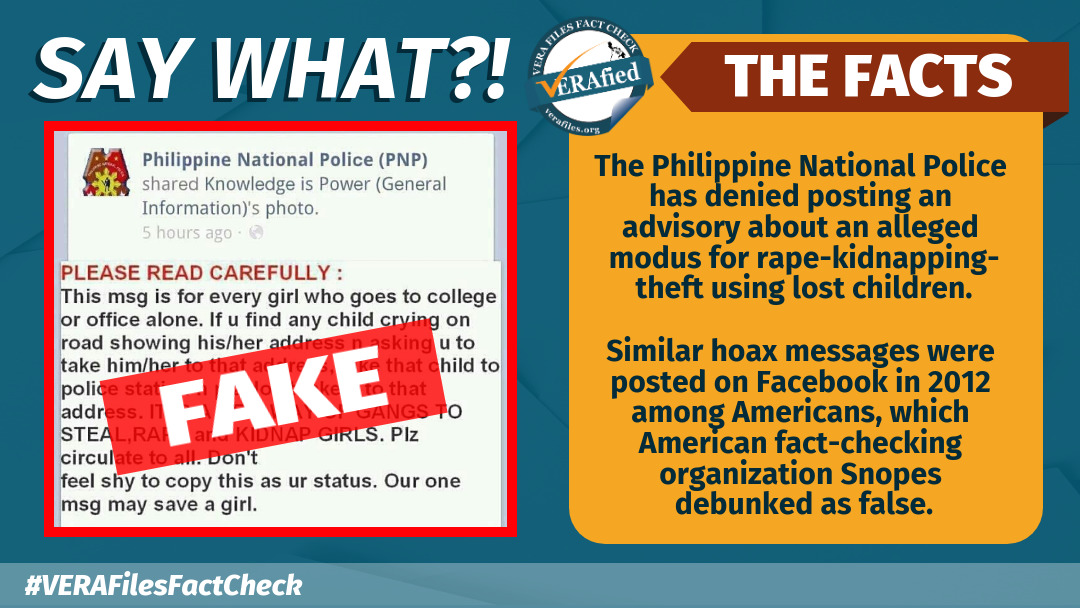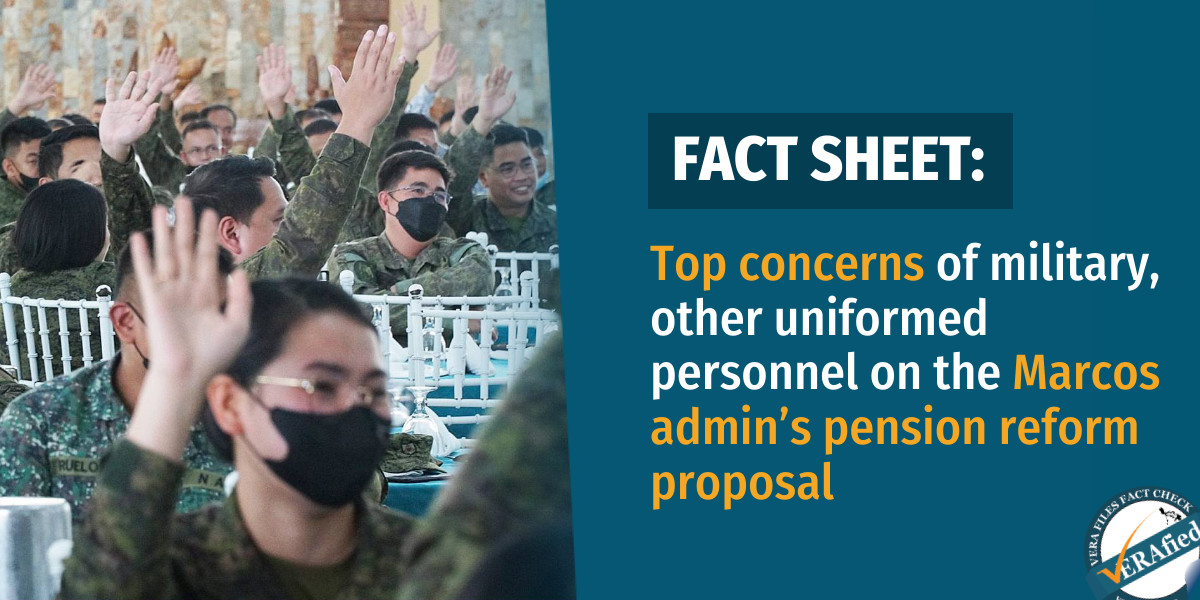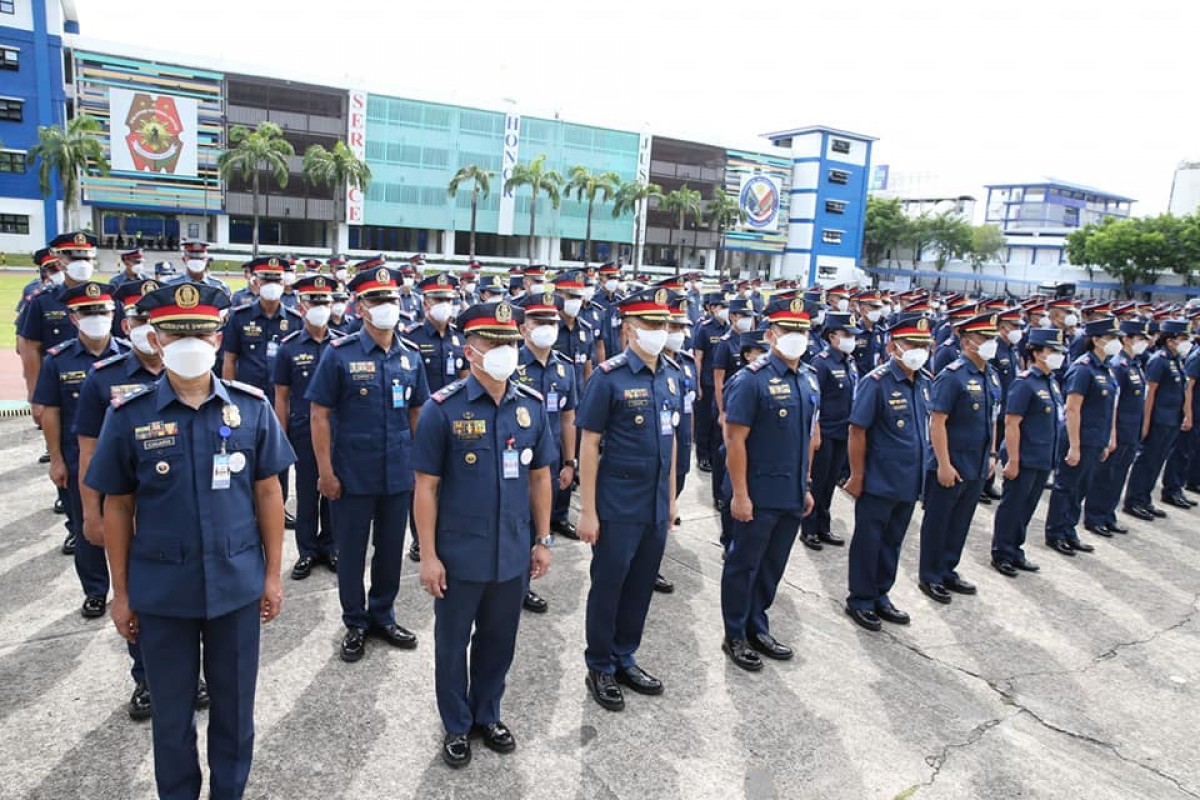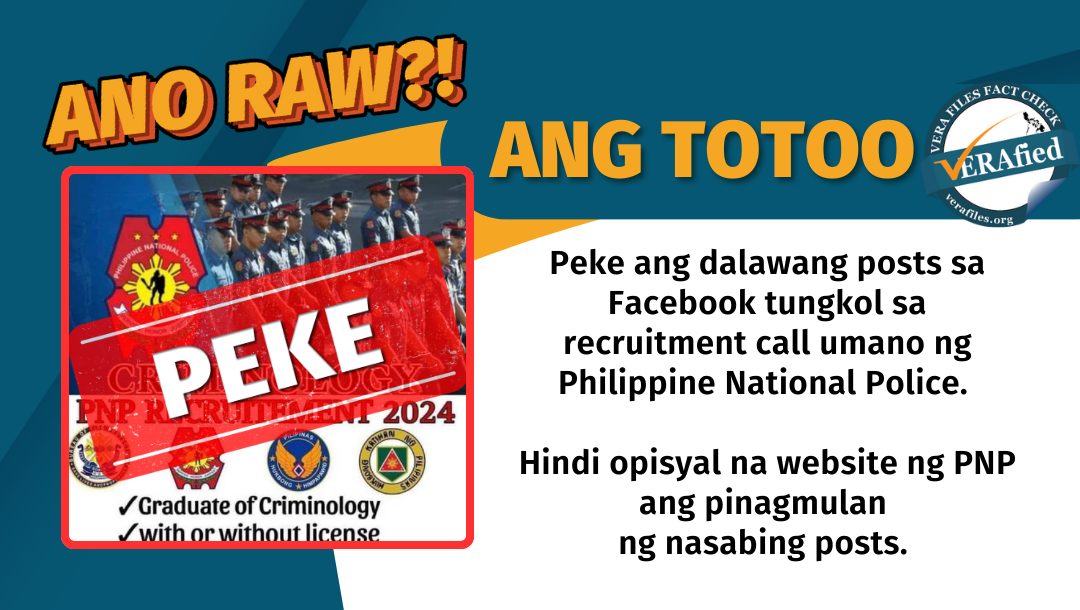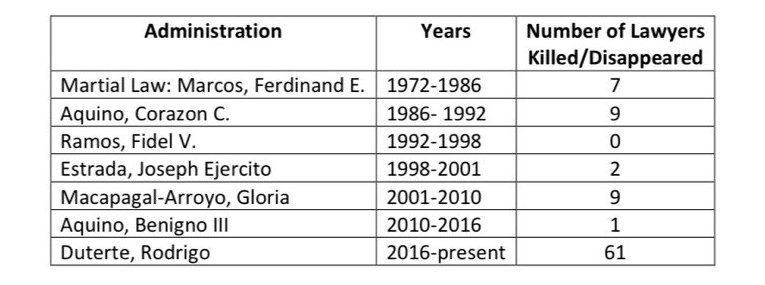
The legal profession in the country is under siege. Lawyers smell trouble in the recent move by the Philippine National Police (PNP) to secure from the courts a list of their colleagues, who are representing activists.
The concern for their safety and security is not without basis. The Free Legal Assistance Group (FLAG) has tallied 61 lawyers and judges slain since the Duterte administration came to power in July 2016. The number of lawyers killed in the last five years under the present administration is higher than the murders in the legal profession combined in the last 44 years covering six administrations, the FLAG list showed.
Lawyers Killed/Disappeared, Martial Law and Post Martial Law on Scribd
From 1972, when martial law was declared by the late dictator Ferdinand Marcos Sr., until the end of the term of former president Benigno Aquino III in 2016, the FLAG list showed a total of 26 killings of lawyers.
The latest attack involved Angelo Karlo Guillen, a 33-year-old counsel for one of the petitions in the Supreme Court against the anti-terrorism law. On March 3, Guillen, a human rights defender and the assistant vice president of the Visayas chapter of the National Union of Peoples’ Lawyers (NUPL), was found bloodied on a dark street in Iloilo City with a screwdriver embedded in his left temple. He survived the attack by playing dead but lost all his case files to the two men who tried to kill him.
In a televised speech during a counterinsurgency meeting on March 5, President Rodrigo Duterte said he had told the military and police that “during encounters, if the enemy is holding a gun, kill them. Kill them right away. Ignore human rights. That is my order. I’ll be the one to go to jail. No problem.”
Two days later, the police, backed by the military, conducted simultaneous raids in the provinces of Cavite, Laguna, Batangas and Rizal against suspected communist insurgents. The operations left nine people dead and six others arrested. Authorities said the suspects were associated with communist terrorist groups and that they opened fire first; others claimed the targets were unarmed.
On March 12, a copy of a letter of request from Lt. Fernando G. Calabria Jr., chief of intelligence of the Calbayog Police Station, made the rounds on social media. In the letter, Calabria asked the Calbayog City Clerk of Court for a list of lawyers, who are representing alleged members of the communist terrorist group (CTG). He said the request “pertains to the compliance from higher PNP offices regarding lawyers, who represent CTG personalities in court.”
For NUPL, the letter “shows the barefaced disregard of the PNP for human rights, particularly the right to access lawyers and legal services” and “an affront to the right and duty of lawyers to exercise their profession without fear as well as the administration of justice.”
After the letter was widely reported in the media and heavily criticized on social media, PNP Officer-in-charge Lt. Gen. Guillermo Eleazar relieved Calabria on March 13. He said, that “the PNP top brass did not issue any order pertaining to that and will never tolerate such [an] unprofessional method of information-gathering.” According to Eleazar, Calabria wrote the letter as “part of his effort to come up with a comprehensive report on the communist insurgency situation in his area of responsibility, which is Calbayog City.”
“The pressure of crafting a detailed report apparently took a toll on him and, eventually, prompted him to commit a serious breach of policy,” Eleazar said.
This series of events that are in close proximity to one another sends shivers down the spine not only of lawyers and activists, but also of anyone critical of the government and its law enforcement agents, who seem to forget that there are such things as the rule of law, due process and constitutional presumption of innocence. These are the same principles Duterte invoked in 2018 when he ordered the Philippines’ withdrawal from the Rome Statute in retaliation against the pronouncement of the International Criminal Court (ICC) that it was launching a preliminary examination of alleged crimes against humanity committed under his administration’s war on illegal drugs.
The military and the police as well as the regional trial courts must also be reminded about “the rule on access to information about the lower courts,” issued in November 2017, regarding information that can and cannot be shared and made public. The 12-page document enumerates “sensitive personal information” as defined in the ‘Data Privacy Act of 2012’ (Republic Act 10173) and guarantees the court’s ‘full protection to a person’s right to privacy.’”
During the weekend, lawyers’ groups passed around signatures of support for an “urgent appeal” to the Supreme Court “to protect lawyers, stop impunity and uphold the rule of law” in view of the PNP’s attempt to secure a list of lawyers representing what they call “communist terrorist groups.”
A draft copy of the petition said the move “violates the independence of the judiciary, undermines the lawyer-client privilege, and poses a threat to both lawyer and clients.”
Although Calabria has been relieved of his post, the series of events before his letter was exposed are alarming and deeply disturbing that lawyers could not take sitting down.
“We are deeply troubled and concerned by this brazen and outright attempt to curtail legal rights and civil liberties, to endanger the lives of, and perhaps deliberately target, lawyers carrying out their legal duties and this palpable act of intimidation meant to deprive alleged ‘CTG personalities’ of their constitutional rights to counsel,” a draft of the appeal to the Supreme Court stated.
It cited paragraphs 16 and 18 of the Basic Principles on the Role of Lawyers, which mandates the government to “ensure that lawyers: a) are able to perform all of their professional functions without intimidation, hindrance, harassment or improper interference; b) are able to travel and to consult with their clients freely both within their own country and abroad; and c) shall not suffer, or be threatened with, prosecution or administrative, economic or other sanctions for any action taken in accordance with recognized professional duties, standards and ethics.”
Further, it said “lawyers shall not be identified with their clients or their clients’ causes as a result of discharging their functions.”
The lawyers’ appeal to the Supreme Court was a follow-up of their earlier call on the high tribunal to help stop the continuing attacks on their colleagues and activists by, among others, issuing a temporary restraining order on the enforcement of the anti-terrorism law.
So far, 37 petitions seeking the scrapping of the “Anti-Terrorism Act (ATA) of 2020” or Republic Act 11479 are pending in the Supreme Court.
“We call on the Supreme Court as the constitutionally appointed guardian of civil liberties and protector of the legal profession to take immediate measures to stop these attacks, including those committed against petitioners and counsel in the ATA petitions,” lawyers representing the petitions said in a statement issued on March 9.
Journalists, who also petitioned the high court to declare the ATA unconstitutional, condemned the attack on Guillen and other counsels for the petitions which, they said, “proves that the danger the anti-terrorism law represents to society is not only clear and present; it is happening now.”
If legal practitioners no longer feel safe and secure in an environment where there is obvious failure of intelligence and in which law enforcers brazenly disregard due process, rule of law and presumption of innocence, how could ordinary people expect to be protected from abuse?
When there is intelligence failure or a misunderstanding of the situation, the government would tend to take actions that are inappropriate and counterproductive.
The police and the military must constantly be reminded of their motto of serving and protecting the people; not for any partisan or personal loyalty.
(Disclosure: VERA Files is one of the petitioners against the ATA.)
The views in this column are those of the author and do not necessarily reflect the views of VERA Files.
This column also appeared in The Manila Times.
